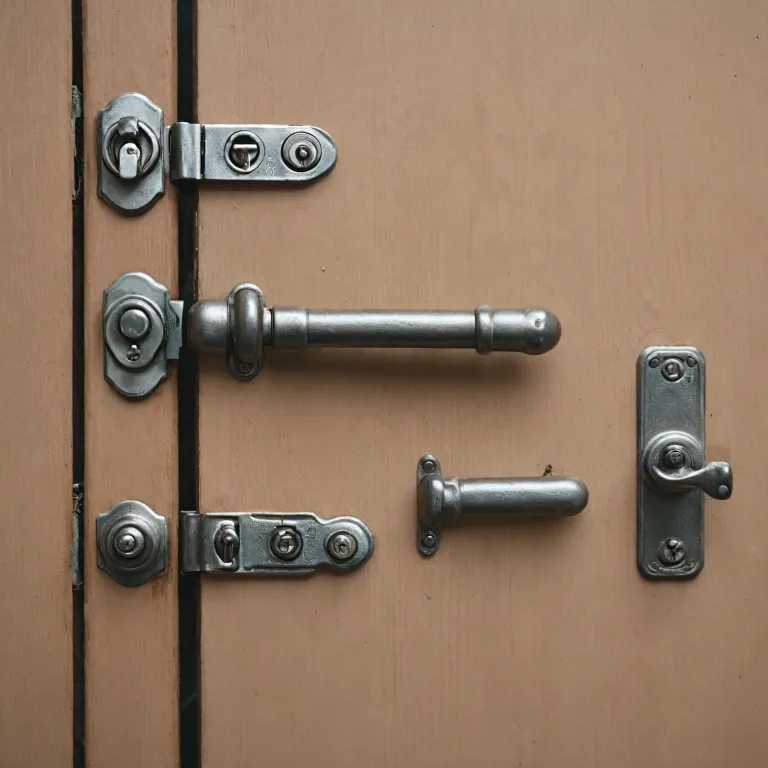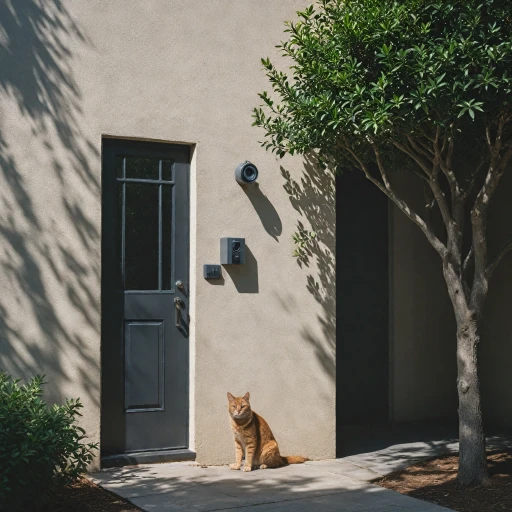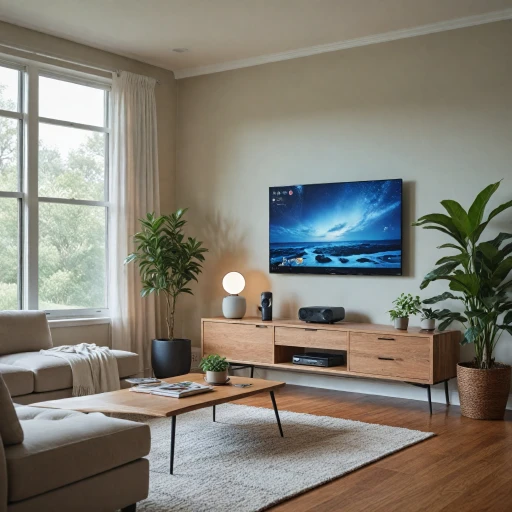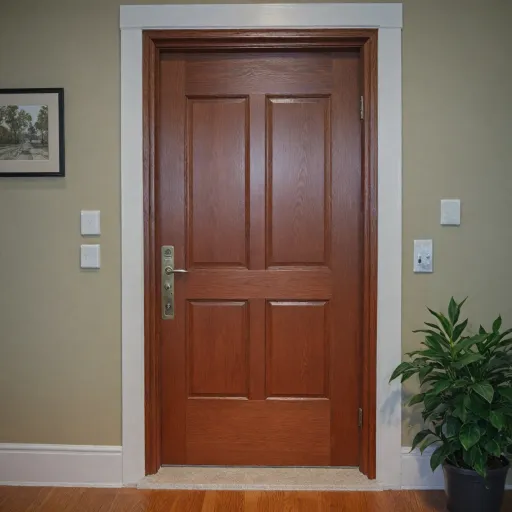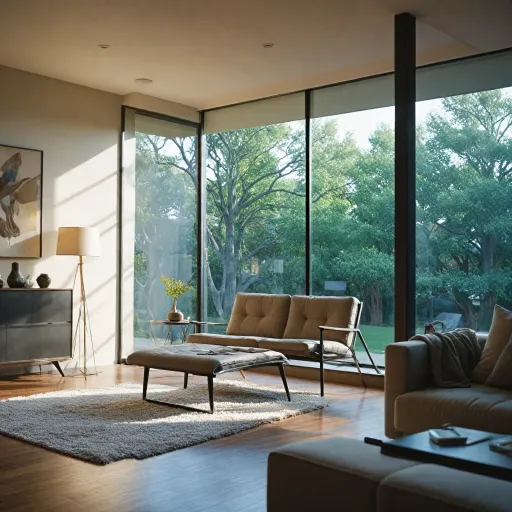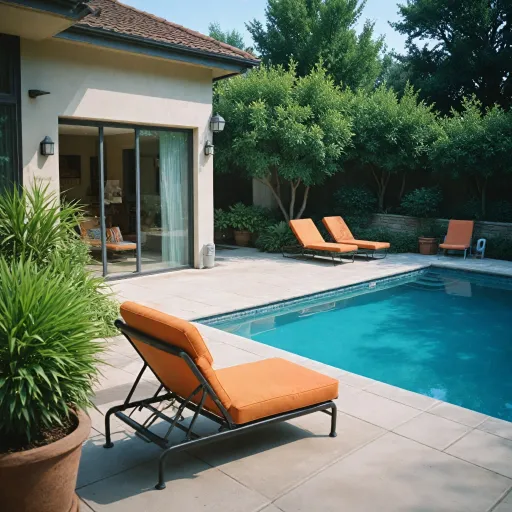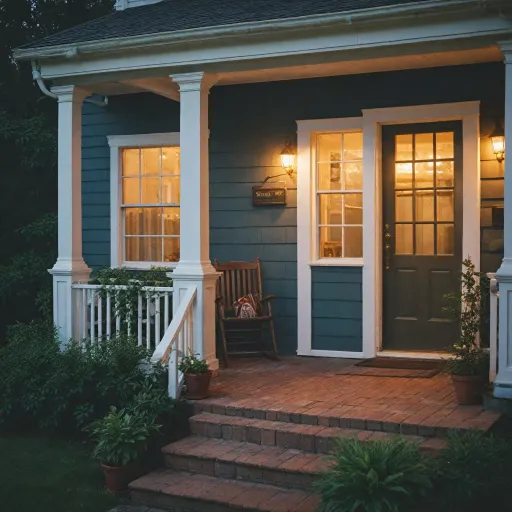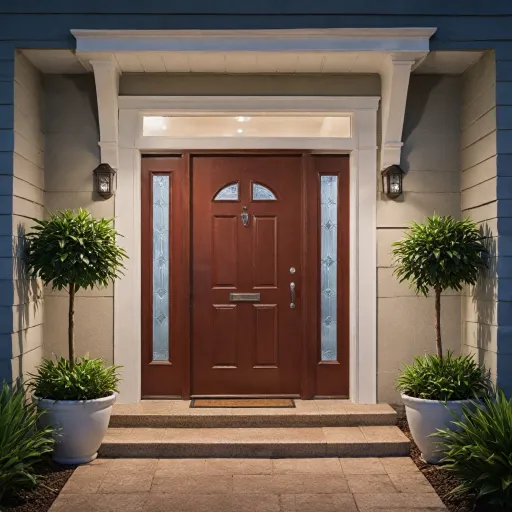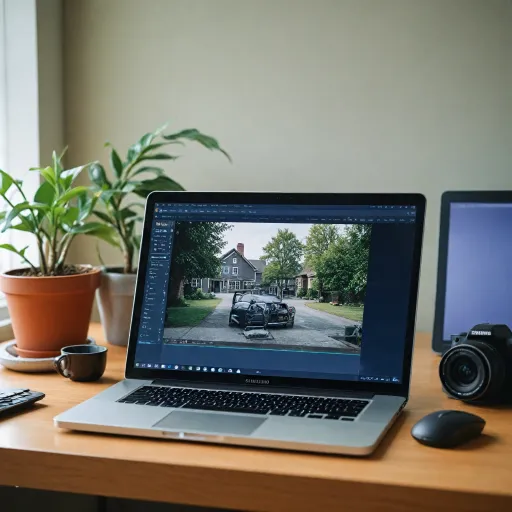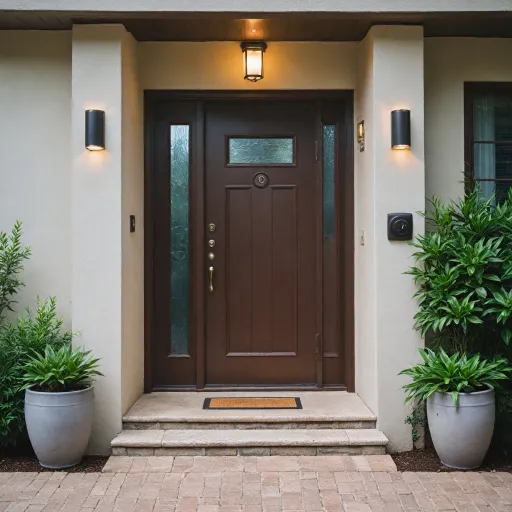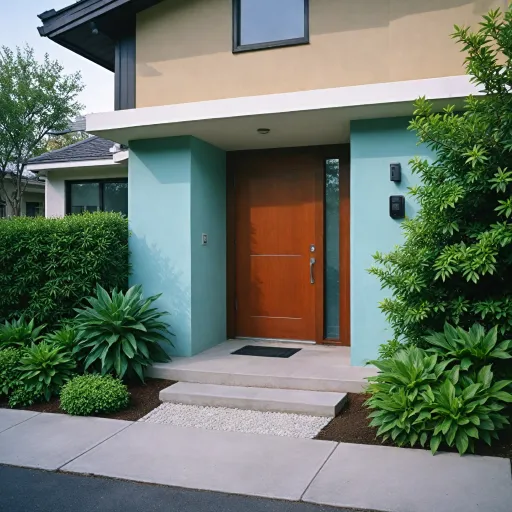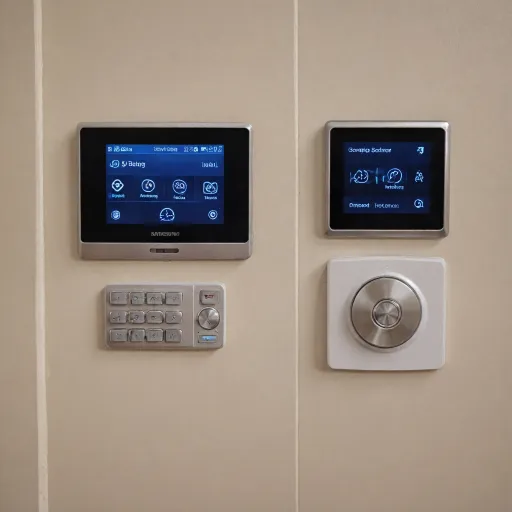
Understanding the Importance of Window Latches
The Vital Role of Window Latches
Windows are often considered a vulnerable entry point in homes, making their security paramount. Understanding the various ways window latches contribute to home security can help you better protect your property.
Window latches are essential hardware components, functioning primarily as a lock to keep windows securely closed. They prevent unwanted access, ensuring that windows remain tightly shut. Whether you are dealing with a single hung window or more complex casement windows, the security provided by a latch is invaluable.
It's not just about securing your windows from external threats; latches also offer safety from accidents within the home. Children and pets are often at risk of falling out of windows, but a secure window latch can significantly reduce these incidents. For example, a well-placed sash lock can prevent a sliding window from opening too far.
Understanding the different types of window latches, from white tilt latches to more traditional sash locks, can help you make informed decisions. Additionally, some latches offer advanced features, such as child safety locks and restricted opening features, for added peace of mind.
Enhancing your windows' security should be part of a broader home security system. Exploring options like window latches can not only prevent unauthorized entry but also help in maximizing your home's overall safety. For those interested in a holistic approach, integrating latches with existing security systems can bolster your home's defense against potential threats.
As a part of a comprehensive approach to safety, consider reading about enhancing safety with pool door alarms, which can provide additional security measures for your household.
Common Types of Window Latches
Exploring Various Window Latch Options
When it comes to bolstering the security of your home, selecting the right type of window latch is paramount. There are several common varieties of window latches available, each offering distinct advantages tailored to different needs. One common type is the sash lock, typically found in both single hung and double hung windows. This lock helps to secure the window by connecting the sashes, reducing unauthorized access. It is often paired with a tilt latch to facilitate easy cleaning while maintaining a level of safety. For sliding windows, a sliding window lock can be a great addition. It fastens securely along the track, effectively preventing any unauthorized opening of the window. Sliding window locks are usually adjustable, fitting a variety of window dimensions. Casement windows, on the other hand, often utilize a window latch accompanied by a handle. This hardware allows for an easy and efficient locking system that integrates seamlessly into the window's design, often available in both black and white finishes to match the aesthetic of the window. Replacing or upgrading window latches is not just about aesthetics but also function. The market offers white window latch styles for modern, minimalistic homes, and latches with more robust materials for replacement needs where durability is a priority. Tilt latches and white tilt latches are particularly useful for windows that frequently open outward. Their design allows easy access while still delivering dependable security. Considering the design and materials of your latch is equally crucial. Many latches incorporate lock screws or require installation via screw holes to ensure a secure fit. Mortised tilt latches and latch screws are often favorites for added stability. When planning a replacement or first-time installation of window latches, it is also necessary to contemplate how these fit within the overall hardware of window systems. For instance, window lock and latch configurations enhance security by securing both the upper and lower sections of hung windows. To further support your window security measures, combining window latches with other security aspects like alarms or home monitoring systems can maximize your home’s protection. For more comprehensive strategies on enhancing home safety, explore how various door security solutions complement window security efforts in an integrated approach.Advanced Security Features in Modern Window Latches
Innovative Features Elevating Window Security
Modern window latches come equipped with advanced security mechanisms that make them a crucial part of your overall home protection strategy. These state-of-the-art features add an extra layer of security beyond traditional latches, offering enhanced defense against unauthorized access.
One such feature found in many contemporary window latches is the integrated window lock. These locks function seamlessly with the existing window hardware and lock screws, providing an additional barrier against forced entry. Whether dealing with hung sliding, double hung, or single hung windows, having an integrated lock can deter potential intruders effectively.
Another innovation is the tilt latch. Particularly useful for white sliding and casement windows, tilt latches allow the window sash to tilt while remaining securely locked in place. This mechanism not only facilitates easy cleaning but also adds convenience without compromising security. Mortised tilt latches, for instance, fit snugly into the frame, making them less visible and more difficult to tamper with.
Advancements in materials play a significant role as well. High-quality, durable materials such as reinforced white or black aluminum and hard-wearing plastics are used to manufacture latches. These materials are resistant to weathering and tampering. Certain models even feature a sash lock for enhanced grip and stability, ensuring that the window sash remains securely fastened.
When it comes to customization, modern window hardware offers a range of options to suit diverse window types and aesthetic preferences. Options for left hand or right hand operations, removable handle designs, and color variations like black or white window finishes enable homeowners to select the perfect accessory for enhancing both security and style.
For those with sliding window designs, sliding window latches and locks provide robust solutions. These latches are specifically engineered to fit the grooves in the sliding mechanism, limiting movement when secured. Moreover, features like lock screws and precise screw holes placements ensure a tight fit that resists prying and jostling.
Whether opting for a casement window or hung window model, the emphasis on advanced security features in today’s window latches clearly demonstrates a commitment to safeguarding your home’s entry points. To understand how these can tie into your existing system, you might want to explore insights on troubleshooting night recording issues with your Wosoda trail camera.
Choosing the Right Window Latch for Your Home
Factors to Consider When Selecting Your Window Latch
Choosing the right window latch involves a careful assessment of your specific needs and the existing window types in your home. Below are several factors that should guide your decision:- Type of Window: Consider whether your windows are casement, double hung, single hung, or sliding. Each type might require distinct latches like sash locks for hung windows or specific locks for casement windows.
- Material and Color: Look for latches that complement your window’s aesthetic. White window and black hardware options are popular, but ensure the latch’s color and material match your windows and any existing hardware. White sliding or white tilt latches are common in modern homes.
- Ease of Installation: Some latches require drilling new screw holes, while others fit existing ones. If you’re not comfortable with installation, it may be worthwhile to consider professional help.
- Security Features: Prioritize latches with robust security features. Look for those that include sash locks, tilt latches, or inbuilt additional locking mechanisms that can withstand unauthorized force.
- Left or Right Hand Orientation: Identify if your latches need to be left hand or right hand compatible, especially for casement or sliding windows, to ensure they operate correctly.
- Replacement Options: Evaluate if the latches have viable replacement options. Some latches might be unique to certain brands and could present difficulties when looking for replacement parts later.
Installation Tips for Window Latches
Optimal Techniques for Installing Window Latches
Installing window latches efficiently is crucial for reinforcing your home's security. A well-installed latch not only helps in maintaining the integrity of the window structure but also ensures maximum security against potential intrusions. Here are some strategic tips to ensure that you install your window latches correctly and securely.- Assess the Window Type: Determine whether your window is casement, sash, hung, or sliding. Each type requires a specific approach for latch placement, with unique angles and positions.
- Measure Accurately: Prior to installation, measure your window space to ensure the placement of the latch is precise. This will be crucial, especially if you are installing a mortised tilt latch or a security hardware component that needs to align with the sash or frame.
- Select the Right Tools: Prepare the necessary hardware tools, such as a drill or screwdriver, particularly when dealing with screw holes for sash locks or sliding window mechanisms.
- Check for Obstructions: Before finalizing placement, ensure that there are no obstructions like trim or older hardware elements that might interfere with the latch operation. For example, if you have a left hand casement window, ensuring the path is clear when the window swings open can prevent latch damage.
- Secure with Proper Screws: Use appropriate screws that are suited for the latch material, such as lock screws for metal components or those meant for a white tilt or black handle finish. This ensures a firm fixture.
- Test Functionality: Once installed, vigorously test the latch. Make sure that single hung or double hung sash locks engage properly and the handle rotates or tilts without resistance.

